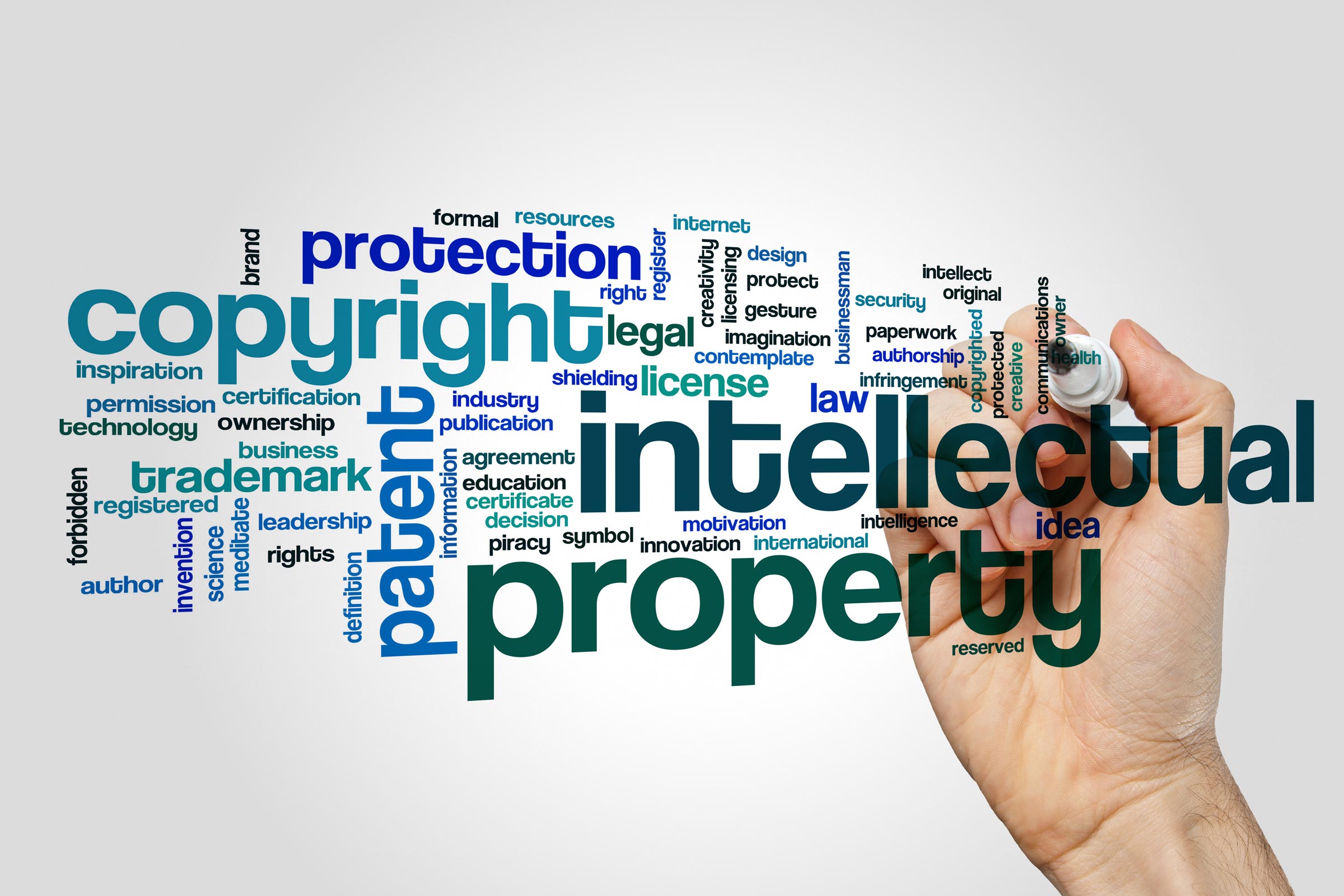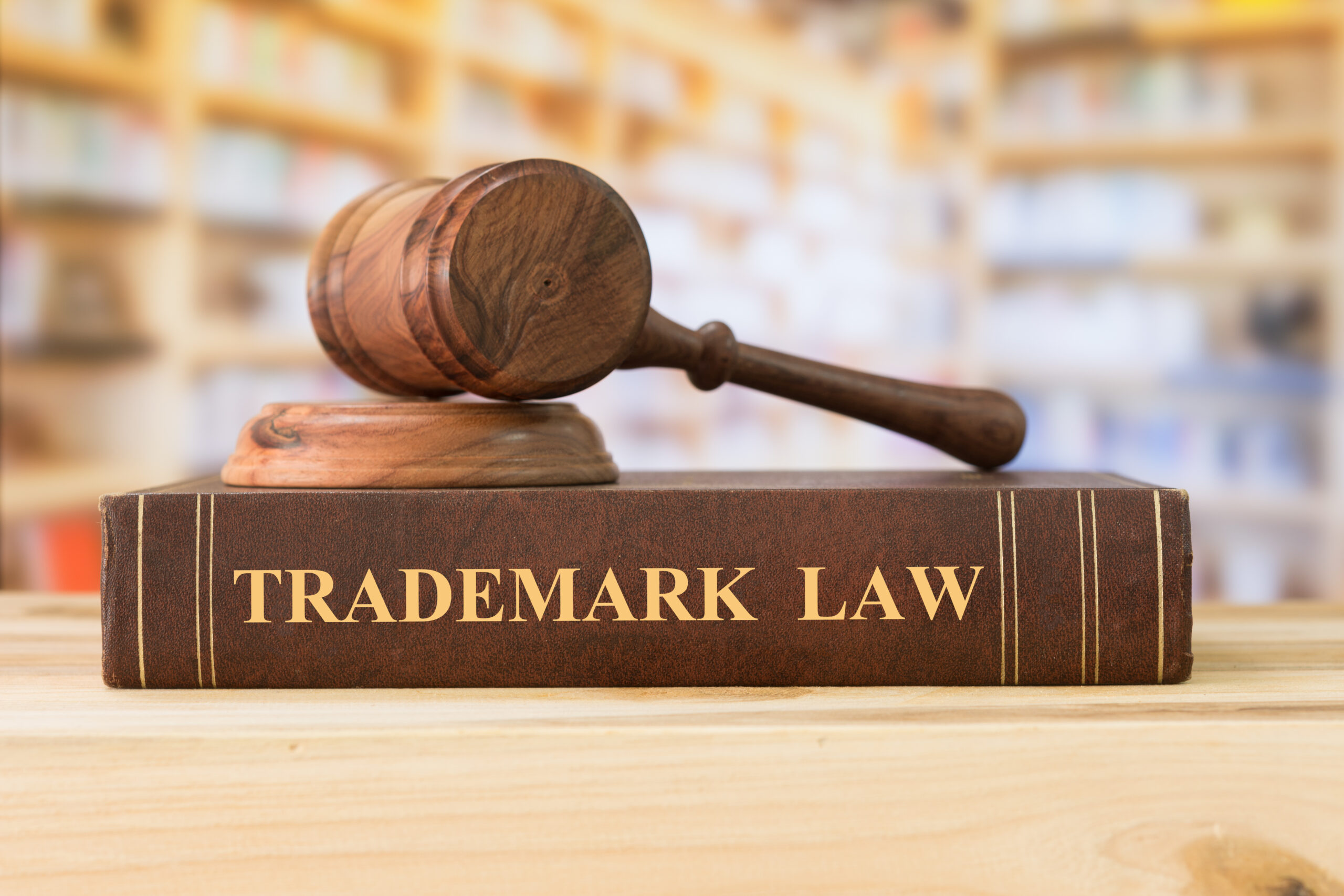With technological evolution, it’s easier than ever for your business to establish a national and global reach. However, this also means it’s vital to protect intangible assets. Seeking legal advice is the first step.
Our intellectual property lawyers know that the protection of these assets is paramount to the growth and success of your business. But we don’t only focus on solving the immediate issue. We also get to know your business: how it’s set up, its operation, and your future plans. We use the information to develop strategies for present and future needs; to work with you in the best long-term interests of your business.
Whether you need assistance with intellectual property registration, navigating complex transactions, enforcing your rights, or commercialising your valuable assets, we’ve got you covered. Our intellectual property lawyers in Melbourne are supported by our corporate, commercial, employment, and litigation teams. We provide you with a comprehensive service, so you don’t have to fill in the gaps.
Contact us to learn more about our intellectual property services.
Expertise
Our lawyers are skilled in advising clients from various industries and disciplines, including:
- IT service providers
- Ecommerce
- Product manufacturers
- Food and beverage
- Health
- Retail and fashion
Services
Our fixed-fee rates and alternative pricing models are important for our clients because cost certainty is often a significant consideration in intellectual property issues.
Our intellectual property legal services include:
- Strategic brand protection and enforcement advice
- Asset protection advice
- National and international trade mark registration
- Trade mark portfolio management
- Counterfeit and customs matters
- Corporate structuring
- Mitigation of liability and risk
- Drafting and negotiating licences, assignments, collaboration agreements, and other commercial arrangements
- Website, packaging and marketing review
- Protection of trade secrets, know-how, and confidential information
- Trade mark infringement and dispute resolution
Intellectual property lawyers in Melbourne and Victoria FAQs
Intellectual property is a creation from a person’s mind, a creative idea, or exclusive knowledge. It comes in many forms, including:
- Copyright
- Trade marks
- Designs
- Patents
- Trade secrets
- Know-how
Each type of intellectual property (IP) can be protected in different ways.
Type of IP | What it protects | How it’s protected | Duration of protection |
Copyright | Original works that are published in Australia, in genres that include:
| Copyright relates to the expression of ideas, but not the ideas themselves. In Australia, copyright protection is automatic and does not require registration. Copyright laws are different in other countries such as the United States | The author/creator’s life plus 70 years |
A sign that distinguishes the goods or services of one business from the goods or services of other businesses. Examples include:
| Trade marks can be registered with IP Australia (and other international bodies). Registration gives the owner the exclusive right to use the mark.
| Registered trade marks are protected for 10 years (and registration can be continuously renewed) | |
Designs | The visual appearance of a product | A design can be protected through registration for new and distinctive visual appearances | Five years, with a renewal option for a further five years |
Patents | A device, substance, method, or process | A patent can only be protected through registration if it is novel and inventive | Depending on the type of patent registration, a patent can be registered for up to 25 years |
Trade secrets and confidential information | Can include ideas, information, processes, formulas, recipes, or methods that you wish to keep secret or confidential | There is no registration for protecting trade secrets and confidential information. They are protected under a common law duty of confidence. Protection applies when there is an express or implied understanding of confidentiality. Additional protection can be sought through commercial contracts, such as non-disclosure agreements (NDAs). |
Get in touch to learn more about intellectual property protection.
Confidential information includes:
- Trade secrets
- Processes
- Formulas
- Methods
Confidential information can be your business’s most valuable asset, giving it a competitive advantage. One of the most important things you can do for your business is to safeguard the information and prevent it from being disclosed to your competitors.
You can use a confidentiality deed to keep your confidential information secret and help it retain its commercial value. You can ensure any third parties sign a deed before you disclose confidential information to them.
However, confidentiality deeds must be drafted carefully. They need to protect your business appropriately and have the means to enforce your rights if there’s a breach.
If your business has employees, their employment agreements must include confidentiality and non-compete clauses. These clauses restrain employees from engaging in conduct that competes with your business after their employment ends.
Contact us for more information about protecting your business’s confidential information.
The question of how intellectual property can be commercialised is often confusing because it’s an intangible asset. However, there are several ways to achieve commercialisation, for example:
- Licensing arrangements
- Franchising
- Contracts of sale
In other words, it’s possible to treat intellectual property like any other physical asset.
Contact us to find out how we can help you commercialise your intellectual property.
Usually, as an employer, you will own any intellectual property created by your employees in the course of their employment. However, to avoid potential legal issues, you need to be clear about the scope of the employee’s duties. Preferably this should be detailed in their employment contract or agreement. Otherwise, there’s possible uncertainty over whether the intellectual property was created in the course of employment.
One way to prevent confusion is to have robust clauses in employment agreements that set out:
- Who owns the intellectual property created throughout the employee’s employment; and
- Appropriate confidentiality and non-compete clauses
To effectively enforce your legal rights, it’s critical that you take the following steps as soon as possible:
1. Identify what has been infringed
Understand how your rights have been infringed and identify whether the intellectual property is registered
2. Consider what you want
Depending on the infringement and your potential loss, consider what you’d like to achieve in taking legal action. For example, stopping the infringement or seeking compensation
3. Determine the best course of action
Sometimes, infringement matters can be resolved by sending a cease-and-desist letter or with commercial negotiation. If that doesn’t work or isn’t an option, consider applying for a court order known as an injunction
4. Take proactive steps to prevent it from happening again
Proactive steps may include:
- Registering your rights
- Using contracts
- Using watermarks
In some circumstances, products that infringe your IP rights are manufactured overseas and imported to Australia. It’s possible to submit a Notice of Objection to Australian Border Force to seize such products. However, this process is sensitive, often complex and has some financial risk. It’s important to seek legal advice before taking this step.
We recommend consulting one of our intellectual property lawyers as soon as you become aware of an infringement. The longer you wait, the harder it is to contain the infringement and reverse the damages in many cases. Contact us to find out more.
Achieve real legal protection for your intangible assets





